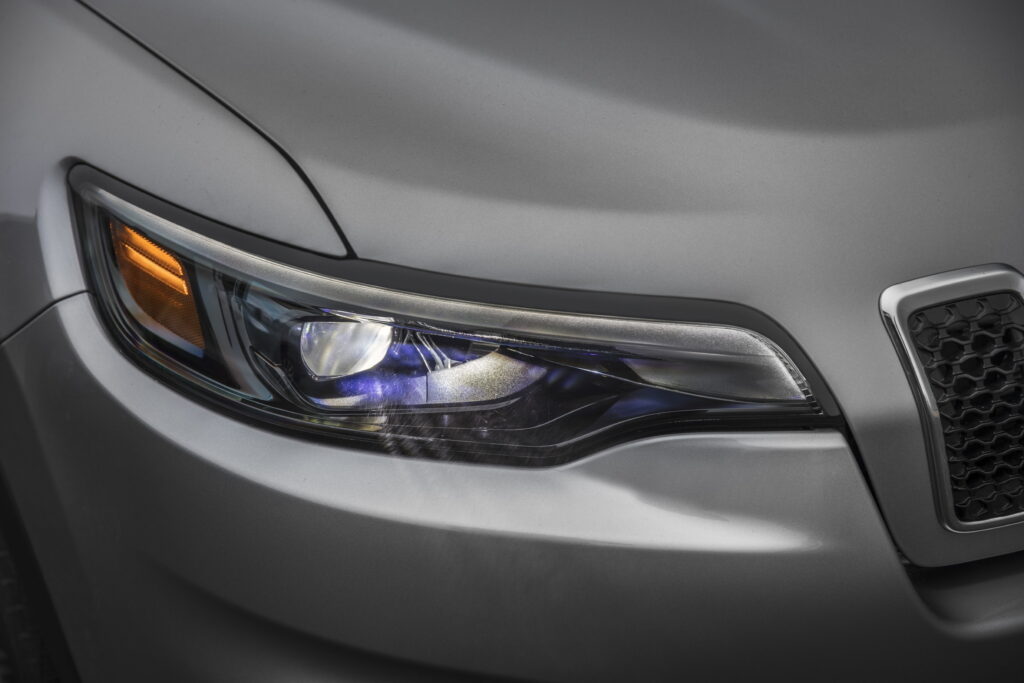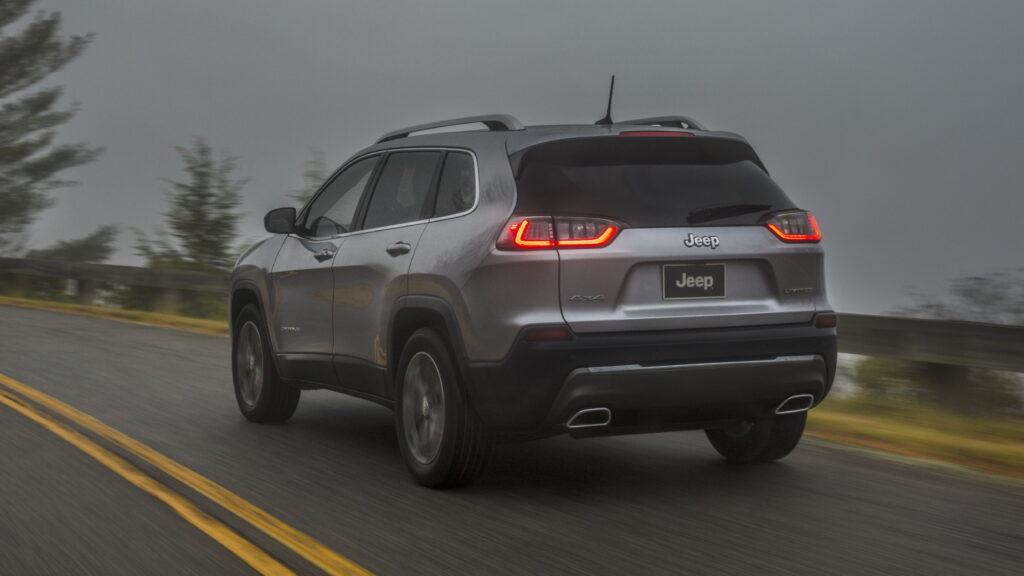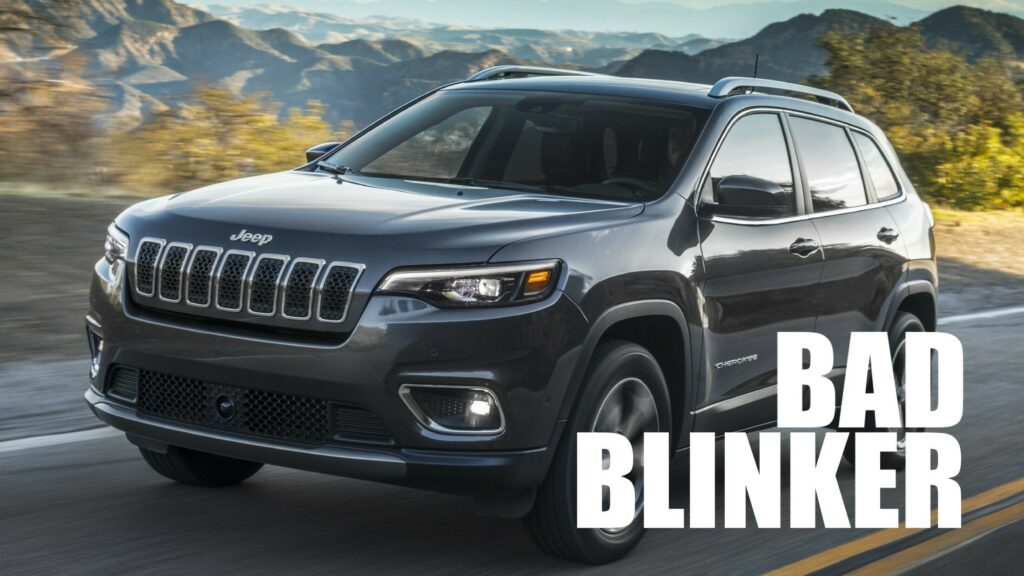- Jeep is recalling 12,221 Cherokees built between February 21 and June 6 of that year.
- The vehicles are equipped with a turn signal that can unintentionally self-cancel, or a stalk that might not latch at all.
- Where necessary, Jeep will fix the turn signal stalk in affected vehicles at no cost to the owner.
We all jump to conclusions when the BMW driver ahead of us changes lanes or completes a turn without signaling their intentions. But in the case of the 2022 Jeep Cherokee, it might not be the driver’s fault if they seemingly complete a maneuver without warning you.
Jeep is recalling 12,221 Cherokees from the 2022 model year as a result of an issue with the detente spring in the turn signal. In these vehicles, the signal might inadvertently self-cancel before the driver unwinds the wheel or cancels the signal themselves. In certain cases, the turn signal stalk might not latch at all.
Read: Over 142,000 Ram Pickups Don’t Have Self-Canceling Turn Signals
That’s a violation of U.S. regulation, and it’s also a safety concern because it can lead to collisions with drivers who aren’t anticipating a change in direction. And on top of all that, not using a turn signal is super annoying.
Jeep believes that the issue affects Cherokees made between February 21 and June 6, 2022. It first learned that a problem might exist with turn signals in July of that year, but took it until 2024 to find the root cause, study the regulations, understand the scope of the issue, and agree to a voluntary recall.

After looking into the problem with its supplier, BCS Automotive Interface Solutions, Jeep believes that just 10 percent of the 12,221 vehicles listed above will actually exhibit a turn signal issue.
As a result, when it starts reaching out to owners on May 17, it will ask them to return their Cherokee to a nearby dealer to have their vehicle inspected. If the turn signal is faulty, it will be replaced with a new one whose detente spring conforms to initial specifications.
This work will be completed at no cost to the owner. Those who have already paid out of pocket to repair their turn signal (and still have the receipt for the job) may be eligible for reimbursement.





